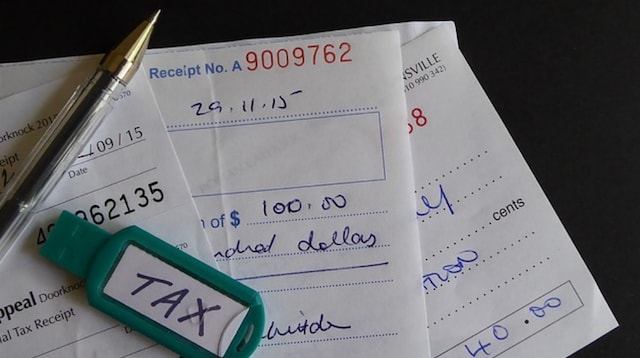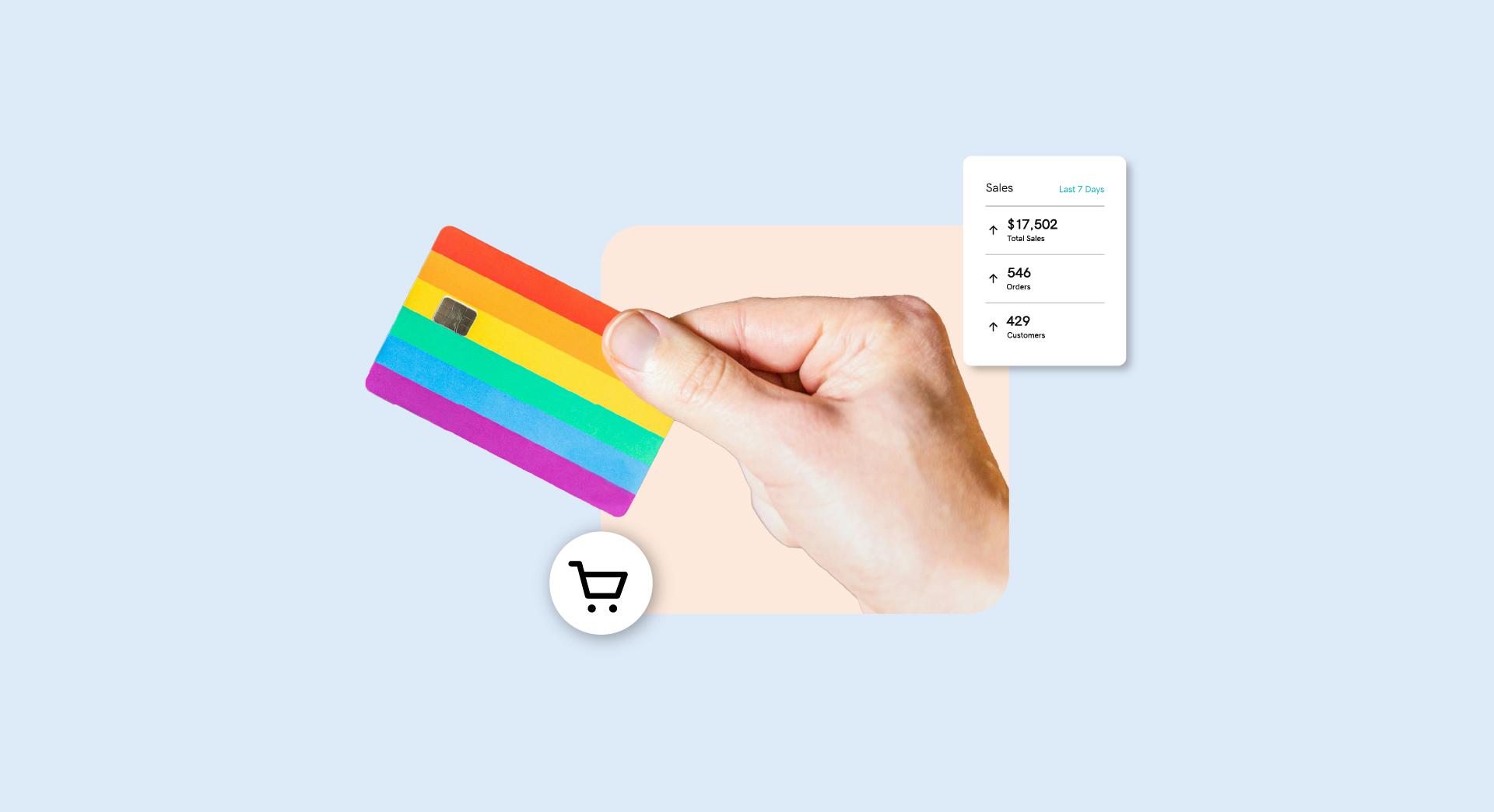For most small business owners, the word ‘accounting’ makes them nervous. But ignoring the numbers side of a small business is the No. 1 cause of business failure. I know this to be true as I have owned a bookkeeping firm for over 22 years.
All of this can be avoided by simply creating positive accounting habits to conquer the fear. It doesn’t have to be difficult, even if math is not your strong suit.
6 easy small business accounting tips
Here are six tips and tricks that I share with my clients so that they can save money and succeed in their businesses.
- Track all your business expenses.
- Keep copies of your receipts.
- Create a budget for your business.
- Look ahead.
- Pay credit cards in full every month.
- Take your profit first.
Ready to learn a few small business accounting tricks? Follow me.
1. Track all your business expenses
In order to write off business expenses, a small business owner must track all their spending. You can do this by using accounting software, an Excel workbook or even by hand using manual ledger books.
The more business expenses you record, the less money you will pay in taxes.
As you track your expenditures, you will begin to see where you may be overspending in your business. The simple act of watching your spending will help you be smarter about how you use your money.
Related: The 2019 small business tax changes you need to know about
2. Keep copies of your receipts

Here in Canada, small business owners are legally required to keep their paper records for a period of six years. This includes:
- Bank and credit card statements
- Receipts matching all purchases
- Sales invoices
- Kilometer logs, schedules, emails, etc.
There are apps that allow you to scan all your paperwork and receipts and store them online to avoid paper copies. The Canadian government does not support these options for keeping receipts.
Be smart — organize them
The easiest way to collect your receipts is to keep monthly envelopes in your vehicle, in your purse/briefcase, in your office and at home.
At the end of each month, remove these envelopes and start a fresh one for the month ahead.
The best practice for sorting and storing your receipts is to match them to your bank and credit card statements. Cash receipts can be kept together for easy processing. For receipts that are delivered via email, printing them off and placing them with the monthly paperwork is best.
Alternately you could create separate file folders within your email app for each month and move your receipts into the corresponding folders.
Keeping paper copies of all your records will save you time and money should you get audited. If you don’t have complete records, the government can decline expenses you’ve claimed. This means you will end up paying missed taxes, including penalties and interest.
3. Create a budget for your business
The best way to save money and relieve stress in a small business is to create a budget. I recommend a yearly budget that can be divided into a monthly budget. A budget can be created by using previous years’ figures, then adjusting for the needs of the current year.
If you’re just starting a business, list how much money you expect to make and spend on rent, utilities, salaries, etc each month.
This is the best way to know what is needed for the weeks, months and year ahead. This will also help you to estimate how much income is needed to cover the costs of running the business.
4. Look ahead

Photo: Ethan McArthur on Unsplash
A cash flow statement gives you an idea of how much cash will be available (and when) for business use. It shows:
- Current funds that are available in the bank
- Anticipated income and expenses for the months ahead
Most businesses use an annual cash flow statement that is broken down into months.
By using a cash flow statement, you can see where you will need to cut back on spending and where you will have an excess of funds. This statement takes the surprise out of running a business. It will also relieve the stress as you will see months ahead of time where a financial issue may arise.
5. Pay credit cards in full every month

Holding balances on credit cards cost business owners money. When you don’t pay your bills in full and allow the balance to carry over to the next month, you are charged interest. The interest tends to be anywhere from 18% to 24% per year.
Paying your credit cards in full by the statement date will save you money on interest.
When you use the budget and cash flow methods, planning for a large purchase will be easier for you, your bank book and your credit card.
If you truly need to carry a balance on a credit card, I urge you to call the credit card company and request a card with a lower interest rate. Most credit card companies are willing to offer a card at 12% with a small annual fee.
6. Take your profit first
Most business owners receive money for their services/products, deposit it into the bank and then pay their expenses. In the end, there tends to be no money for their personal wage, savings or even taxes.
A good small business accounting trick is to deposit funds into your account and then move a percentage to:
- Your personal wage
- Business savings
- A tax fund
If you can learn to run the company on what is left over, your business is sure to succeed. This is a hard transition to make, but it is a great one if you want your business to grow.
Save money — learn a few new habits
There are many small business accounting tips that save business owners much-needed funds. A bonus tip is to hire an accountant to help you get the most out of your tax returns. This will also help keep you in good standing with the government.
You need to know your numbers so you can grow your numbers. Allow your numbers to tell you a story of the past, so you can create success in the future.






